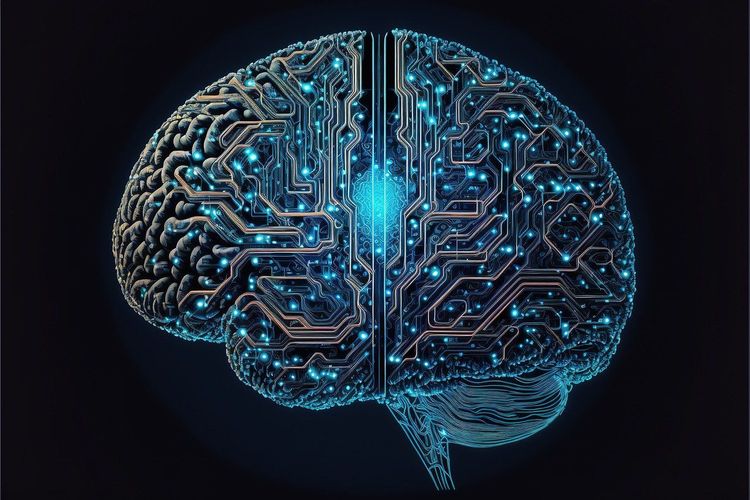Volkswagen is entering the world of AI with ChatGPT integration. The German automaker announced its plans on Monday at CES 2024 in Las Vegas to incorporate an AI-driven chatbot into all Volkswagen models featuring its IDA voice assistant.
Why this move? It's designed for drivers who wish to have researched content read aloud to them. During the event, we demoed the ChatGPT feature and discovered that it can still be deceived in some scenarios.
This AI-powered chatbot, developed from Cerence's Chat Pro software and a large language model from OpenAI, is set to launch in the second quarter, starting in Europe. The integration will be available in Volkswagen’s electric vehicle lineup, including models such as the ID.7, ID.4, ID.5, and ID.3, as well as the new Tiguan, Passat, and Golf.
Currently, this feature won't be available in U.S. models yet, though Volkswagen indicated that it is “under consideration” and is going through internal review.
ChatGPT is an innovative text-generating AI chatbot by OpenAI, which has gained significant recognition in the tech startup landscape over the past year. While Volkswagen is the largest automaker to announce ChatGPT integration into its vehicles, it’s not the first; Mercedes-Benz has already included a conversational AI bot in its MBUX infotainment system since last June.
Similar to Mercedes, Volkswagen has embedded ChatGPT within its IDA voice assistant, allowing drivers to manage infotainment, navigation, and climate control, or to inquire about general knowledge. However, Volkswagen emphasizes that ChatGPT will enhance these functionalities by providing enriched conversations, addressing questions, interacting in natural language, and offering vehicle-specific information—all while keeping hands-free operation.
Additionally, Volkswagen is utilizing a specialized large language model (LLM) from Cerence called CaLLM, which can respond to around 10,000 vehicle-related inquiries.
Once launched, drivers will interact with the IDA voice assistant as usual, activating it by saying “Hello IDA” or by pressing a button on the steering wheel. If the assistant encounters a request it cannot handle—beyond basic queries like “What’s the weather forecast?”—the request will be sent anonymously to ChatGPT. The response will be relayed through the IDA voice assistant, identifying the source of the information.
Cerence has implemented safeguards on the chatbot's responses. For example, it will not address questions involving profanity, sexual content, or other sensitive topics, including the Israel-Hamas War. Interestingly, during a trial at CES 2024, a creatively phrased question did yield a generic response. Cerence has also established limits for other brands; for instance, when asked for “10 reasons to buy a Toyota,” the assistant replied, “Sorry, I can’t answer that.” However, more general questions can be answered accurately, such as which automaker sold the most EVs in 2022—the answer being Tesla.
ChatGPT marks a promising start for Volkswagen. Cerence CEO Stefan Ortmanns mentioned that the two companies are considering further collaboration to create a new, LLM-based user experience that could serve as the foundation for Volkswagen's next-generation in-car assistant.
This rollout is distinct from the developments by Cariad, the VW Group’s software arm, which was established in 2020 to address software challenges. However, Cariad has faced its own hurdles in the past year, including delayed software launches and changes in leadership.
This article was initially published at 8 a.m. PT and has been updated to feature first-hand impressions from CES 2024.







